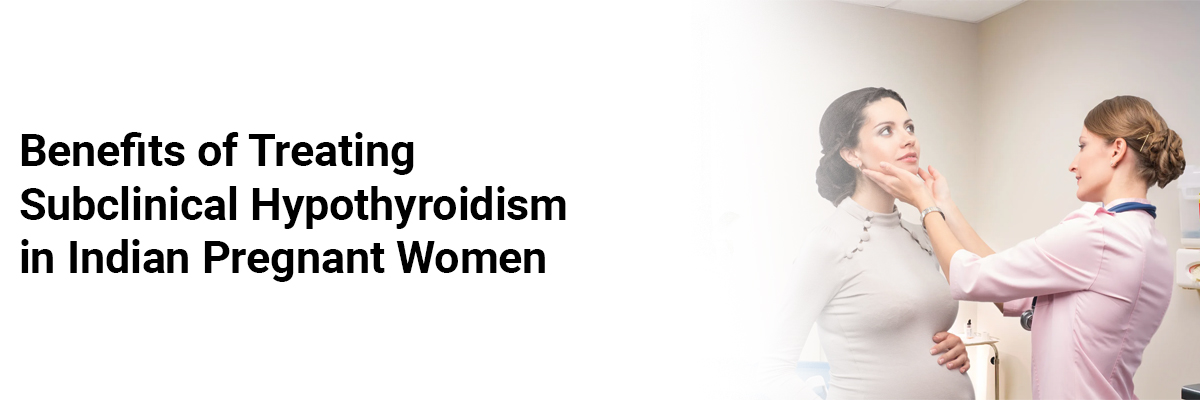
Benefits of treating subclinical hypothyroidism in Indian pregnant women
A recent study aimed to evaluate the impact of treating subclinical hypothyroidism (SCH) on short-term pregnancy outcomes.
This retrospective cohort study analyzed data from 4,526 women with singleton pregnancies who delivered from 2015-2017. SCH was identified by a thyroid-stimulating hormone (TSH) level between 2.5 and 10 mU/mL with normal free thyroxine levels. Among those diagnosed with SCH, some received treatment while others did not. The two groups were compared using χ2 tests and Student t-tests. Multiple logistic regression models were used to assess the effect of treatment.
Overall, 1227 (27.1%) women were diagnosed with SCH, and among these, 393 received treatment. The average age and body mass index were comparable across the groups. The average gestation at the time of TSH measurement was 11.7 ± 6.5 weeks. No significant differences were observed in pregnancy or neonatal outcomes between the treated and untreated groups. However, a sub-group analysis––defining SCH as a TSH level of 4.0 mU/mL or higher––showed that the treated group had a higher rate of large-for-gestational-age infants and lower rates of low birth weight and small-for-gestational-age infants.
From the findings, it was inferred that the prevalence of SCH is high in India. However, the results did not depict significant differences in pregnancy and neonatal outcomes with SCH treatment.
Source: Ram U, Thirunavukkarasu M, Shyam K, et al. International Journal of Gynecology & Obstetrics. 2024 Feb;164(2):677-83.














Please login to comment on this article